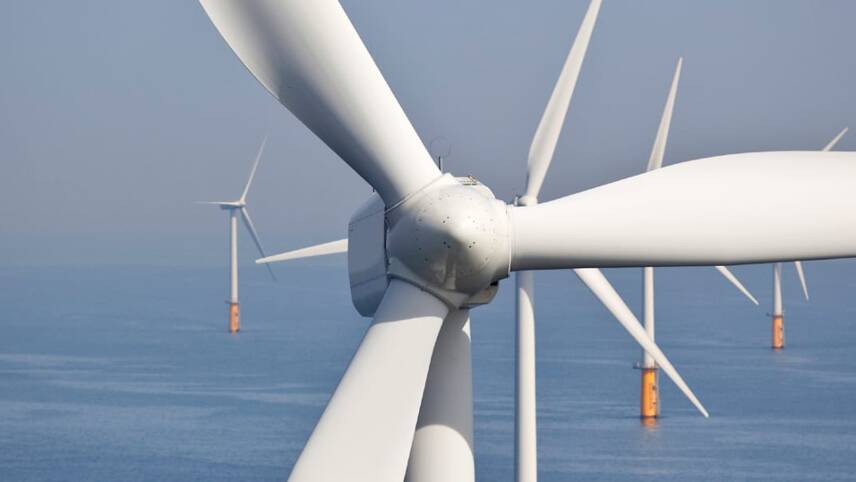Member only content free until 26/05/2024
To continue reading this article and enjoying free access to all Utility Week’s content up to the 26/05/2024 Register today!
Ready to become a member?

Cadent has calculated that 40GW of offshore wind capacity would be sufficient to create the green hydrogen needed to decarbonise home heating across the UK.
This assumes that half of domestic heat by 2050 is powered by hydrogen. But even the 80GW the gas network estimates would be needed to supply every home with green gas is significantly lower than previous assessments, which have cited a figure of 385GW of wind to achieve this milestone.
In its new report, Cadent sets out its calculations for reaching the 40GW figure and why this differs from the conclusions of the Hydrogen Science Coalition last year.
This is based on gas demand, adjusted for boiler inefficiency with account then taken of the impact of losses through the production, transmission, compression and storage of hydrogen. It also takes account of the variability of output from the wind farms and the conversion of current from AC to DC.

Cadent accepts its analysis “contrasts markedly” with the Hydrogen Science Coalition’s 385GW assessment. However, it claims this earlier analysis over-inflated demand and assumed lower levels of efficiency in transmitting electricity output into heat demand, as well as using a much lower load factor for wind generation.
Introducing the report, Cadent’s director of strategy, Angie Needle, said: “Having a good grasp of the technical issues on decarbonisation is vitally important to help policy makers make properly informed, evidence-based policy decisions. This paper takes a fresh and rigorous look at how much wind capacity could be needed to make green hydrogen for heating, an area where previous reports have produced numbers that could lead to policy makers drawing incorrect conclusions on the viability of hydrogen for domestic heating.”
Earlier this year, the government updated its targets for low-carbon hydrogen production, setting a goal of up to 10GW capacity by the end of the decade. However, recent comments by energy secretary Grant Shapps have cast doubt on the government’s enthusiasm for hydrogen as a major source of domestic heat.
Last month, Cadent’s bid to create a hydrogen village trial in Whitby was rejected by the Department for Energy Security and Net Zero, which has still yet to confirm whether the remaining contender – Northern Gas Networks’ proposal for Redcar – will receive backing.
Earlier this month Orsted became the latest developer to withdraw from the first round of the government’s green hydrogen support scheme.




Please login or Register to leave a comment.